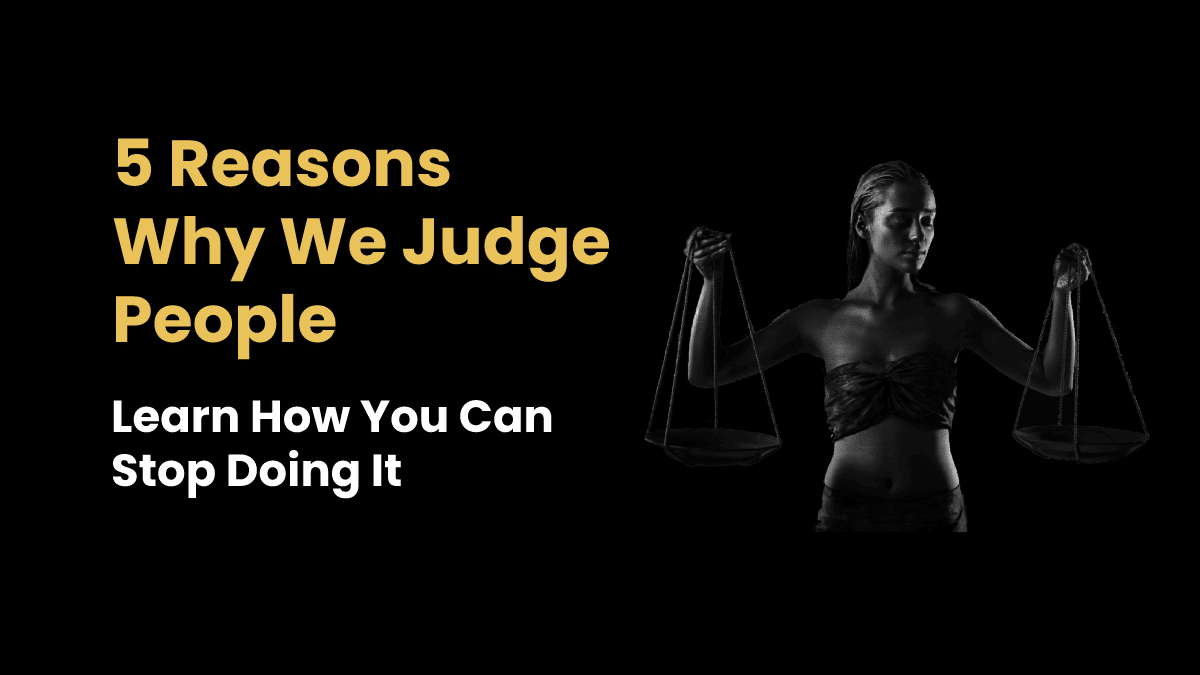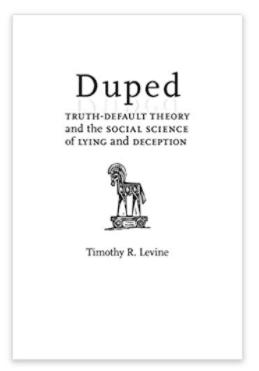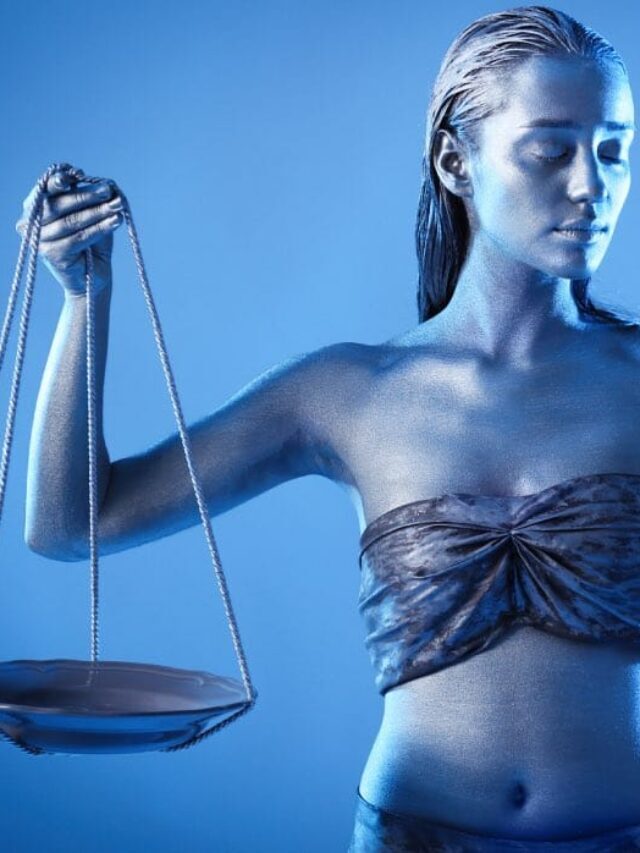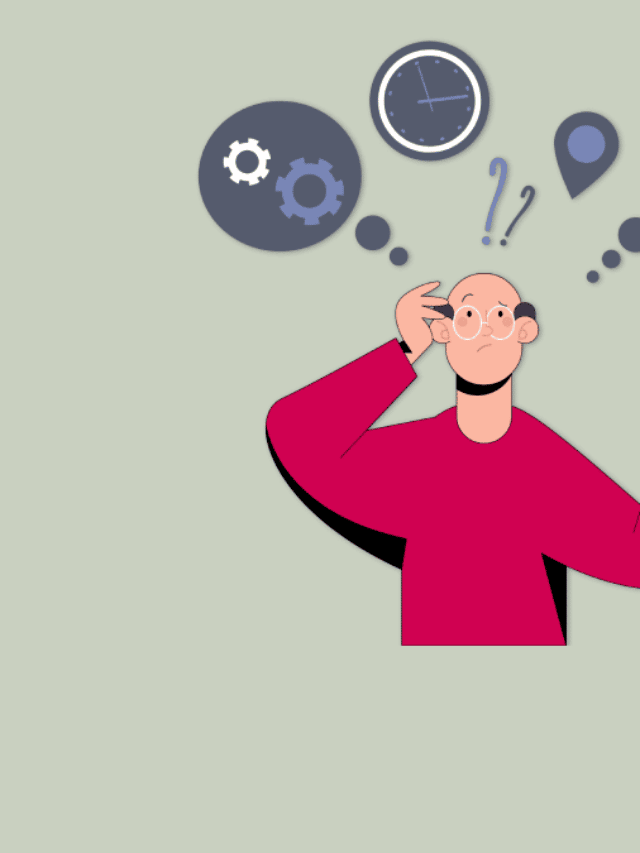Judging people? Don’t worry ’cause everybody judge — you, me, they, and the whole world. Though, multiple times we hear people say, don’t judge people. Even the one who reminded us is just coming after judging someone.
So, how could we stop doing it, because everyone is doing it? Well, the first thing we should do is ask, i.e., is it necessary to stop judging people?
Or, we’re becoming part of a herd walk. Or perhaps, we’re looking in the wrong way.
Perhaps instead of stop judging people, we should do something else. We should judge people in the right way. Because judging is part of our human nature and required to survive in this world.
Therefore, in this article, we’re going to see why we judge. Is it possible to stop judging people, and in the end, how can we stop judging people.
This is all you’re going to see in this post. So, without any further due, let’s get started.
Why do we judge people?
The following are the most common reasons due to which we judge people and their doings. If you’re likely to judge people, then you’d find one of these as your reasons.
To give a reason to believe
In a day, many things happen, some good so some bad. Some acceptable and some unacceptable. But those happenings do stop us from moving forward?
No, they don’t unless we stop giving ourselves a reason behind it that helps us keep going.
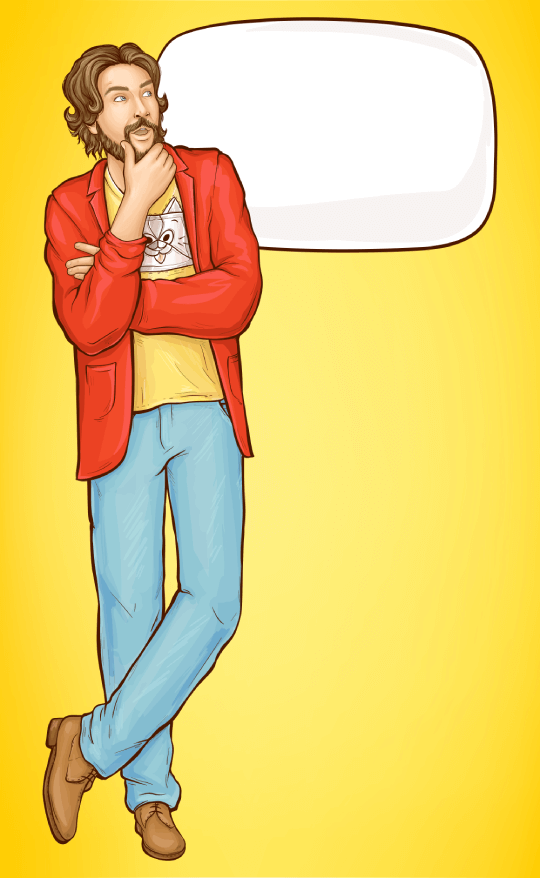
The same applies when we judge the other person. We conclude whatever the other has done is acceptable or not.
Whether he or she did has any valid point behind it or not — a reason to help us move forward. Nevertheless, the character of the reason or whatever the other person has done doesn’t matter.
We just need a reason, then whether it’s good or bad.
For instance, you’re driving a car, and suddenly another car overtakes you in a very accidental situation.
Now, you’d judge that person by calling him or her stupid. The reason you gave to accept that situation is that whosoever was driving is a stupid person, that is why he/she drove like that.
The way that person drove the car was unacceptable, still to judge and move forward on your journey, you accepted it.
And that’s why we judge other people multiple times in a day to accept the unacceptable.
To give a reason to believe why something happened.
To compare ourselves
Yup, that’s right, we judge people to judge ourselves or our situation. We judge to determine where we are, and the other person is. Comparing ourselves to others is part of judging people.
We criticise another person’s achievement or work to prove ourselves better.
Or sometimes to talk about our dark corners.

For example, if someone in your neighbourhood has bought a new car and luxurious house, and if you haven’t, then you’d judge yourself by saying, “I can’t buy a new car or house, my income is not so much good. I have to pay my debts” and so on so forth.
This is you judging your situation.
But if you want to judge another person and place him under your position and keep yourself above, then you’d say, “that guy is totally running into some shit. None of his work is ethical. One day he’ll get caught. Whatever I’m doing is good, perhaps I’m making less money, but I’m doing under the law.”
Okay, what if the person is actually making a lot of money illegally?
You’d say the same words, but then you’ll know what you’re saying is genuine or unreal because when we say something, we know what we’re saying is real or just faking it.
Duped theory makes us judge people
The duped theory given by Timothy R. Levine tells us that when we listen to an explanation of action or see an act done by a person match with the current situation or his/her character, we tend to reach a conclusion instantly, i.e., the person is saying or acting true or false without any concrete proofs.
For example, at a funeral, if a person mourns, we tend to conclude that he or she is in grief. But it can’t be the real truth. And that’s what duped theory tells us.
What’s duped theory?
Duped theory or default to truth (DTT) is human psychology where we pass a judgement whether the person is telling the truth or false about his or her activity.
Now, our assessment is based on beliefs that we have learned throughout our life.
Like, if a person is seeing in our eyes and saying something, then he/she’s telling the truth. Their voice isn’t shaking.
Their body was calm, and so on that tell us that the other person is speaking the truth. So, whenever these conditions match with the situation, we default to truth and reach a conclusion.
For example, if a criminal is saying something and does not make any eye contact, his voice and body are shaking. We default to truth that he’s lying because his situation matched the character.
Character = Suspect
Situation = Shaking, no eye content, and discrete voice.
A match and conclusion based on default to truth → Guilty of crimes.
Perhaps, he was saying all truth but was afraid of the consequences of his actions.
On the other hand, a reputed and sincere guy tells us something and fulfils all the conditions. Such as eye contact, strong voice, and nice body language, then we default to truth is that he is a good person and because he’s matching all the conditions, he is telling the truth.
Character = Sincere
Situation = Eye contact, no shaking, and strong voice.
A match and conclusion based on default to truth → Not guilty of crimes.
Perhaps he was lying and prepared to do tell everything confidently. A perfect example is the movie “Dhrishyam,” in which how smartly the main guilty star cast deceives Goa’s whole police unit. If you haven’t seen it, go watch it now.
So, according to the duped theory, if a match occurs, we tend to reach a conclusion easily. We pass a judgement effortlessly.
[Criminal + Saying truth + No Eye Contact] = Mismatched.
[Criminal + Lying + Eye Contact] = Mismatched.
[Criminal + Lying + No eye contact] = Match.
[Innocent + Saying truth + Eye contact] = Match.
[Innocent + Saying truth + No eye contact] = Mismatched.
[Innocent + Lying + Eye Contact] = Mismatched.
Our survival instinct forces us to judge people
“Come with me; I’ll tour you the entire city in 100 bucks.” Said a man in the black suit, when you were travelling your dream city. Would you go with him? Would you trust him that he’ll guide you in just 100 bucks? I bet you don’t.
Our survival instincts, since humans first started to cook food, saved us from many bad threats or dangers. Otherwise, we would not have walking safely on sidewalks or zebra crossing.
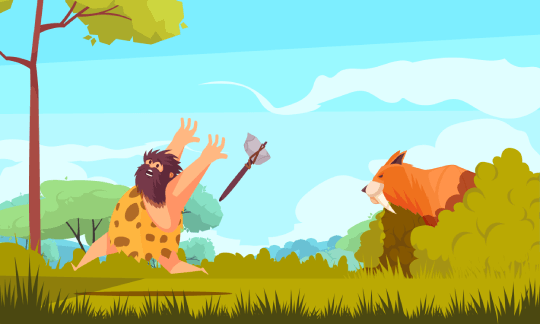
And it is one of the reasons that make us judge people. We use it multiple times in our lives to keep ourselves and our close ones safe.
Otherwise, who knows what would have happened to human civilisation. If we trust any random person wholeheartedly, we might end up in a dead zone.
We might regret not judging people. Sometimes or I’d say more often, judge people to keep yourself out of danger, whether in a bus, alley, office, or home.
We judge people to make a decision(s)
There are different factors involve in a given situation when we judge a person. Our survival instincts keep us safe from the occurrence of death situations.
And decision making helps us to survive in other parts of our life, which is “Survival.”

We judge people to make a financial decision. We judge people to make a relationship decision. And many other situations where we can see our benefit.
Where we don’t have to face any bad outcome. No matter what the reason is, we always look out for our comfort and use.
And it is not applied to people only, it’s applicable to everything.
Is this school going to teach my children better or not? = Decision = Judging.
Am I going to fit into this organisation if I join it? = Decision = Judging.
Is it good to take the supplements from this brand? = Decision = Judging.
And many similar situations that I can’t write about, that brings us to our question 👇 👇
Is it possible to stop judging people?
No, we cannot stop judging people. Because it’s an integral part of our human nature.
If we stop judging people, we might cause or give rise to many terrible situations in our lives as well as in society.
Judging people helped us survive the thousands of years, and if suddenly put a full stop to it, we would make a mistake that can never be made right.
So, it is not possible to stop judging people entirely; however, whenever we come across judging people, we can try the below points to judge better. To become less stupid.
How to stop judging people? Or judge better
1. Ask
Whenever you encounter a situation where you found yourself judging, ask what you are judging. If it’s an object or decision, then these articles could be helpful.
→ How to know what you are doing is right or wrong?
→ Why sometimes one option is the best option.
If it’s a person you are judging, then the below points will help you judge better.
2. Think of the situation rather personality
In a single day, many things happen, and among many things, there are times when people do somethings that made us judge them.
For example, Shiela dropped a coffee mug on me today. (Stupid Shiela 🤬) Now, how I might judge her? Idiot, blind, unprofessional, and so on so forth. Or your boss didn’t approve your leave application. How would you judge her or him?
Selfish, doesn’t care about the employees, rude and whatnot. This is how we judge a person in a situation out of his personality.

However, if you or I have tried to look at the behind the scene of their actions, we could have formed some empathy.
Such as Sheila was diagnosed with lung cancer and was worried about it and didn’t see me coming and walked right into me with a hot coffee mug.
Your boss didn’t approve your leave because there’s so much work load and he/she find you the only one that can lower it.
If we think of the situation, we feel empathy and imagine ourselves in it. Because many times we do the same things as others when something else is going in our mind.
3. One act doesn’t define a person completely:-
But that’s what we Indians did with Winston Churchill when he made the statement, “breed like rabbits.”
We called him racist and judged him as a bad person. Perhaps he was a racist, or maybe he was not, but one thing is clear that he was a great leader and wartime strategist. And even great writers and celebrities of today’s time quote him on multiple occasions.
So, how can we judge him ultimately through his one action?
I suggest that the better way to judge him is that we say he was not good at understanding people because we Indians, who breed like rabbits, played an essential role in helping the allies win the war.
4. Listen, understand & accept:-
If you listen, you understand, and when you understand, you accept; rather than criticise someone.
There are 2 types of judgement we make when we face someone or their actions. One is when we find ourselves better than other people, and the second, when we find ourselves inferior to others.

When we don’t listen and understand what other person has to say, we simply do it because we see ourselves as superior.
We judge them lesser than us and hurt their feelings, ideas, or opinions. It’s the wrong kind of judgement we make to others.
So, next time you found yourself judging someone, analyse yourself, and see whether you’re listening or not.
If not, then start doing it. Because as I mentioned earlier, when we listen, we understand, and when we understand, we accept, and when we accept, we don’t judge.
5. Believe in yourself
The 2nd or I’d say the wrong kind of judgement we make to ourselves is when when we don’t believe ourselves or our purpose.
We find ourselves inferior. It happens many times when someone buys a car, a luxurious home, and so on. We judge our position. And when do we judge our position?
When we don’t believe. The person who doesn’t believe himself starts to compare himself with others.
And once we start to compare ourselves with others, you already know what we do. We judge, either ourselves or the others.

So, to stop judging people, another thing you need to bring into practice is that you start believing in yourself.
Your purpose, your work, and your ideas — no matter what.
Once you begin to believe yourself, you’d be able to keep yourself out of the judging habit born out of comparison.
That’s it; I hope you liked and understood the above points. And I believe these will definitely help you judge people in a better way.
If you think this blog post can help more people, then please do share it, and if you got any views or thoughts about these points, please do share them in the comment section as well.
Moreover, if you want to know why we’re doing this, please visit our Show Courtesy page.
Want to read more like this article? Subscribe to our free newsletter.
Thank you
Nathawat Brothers
Putting thoughts for everyone.
